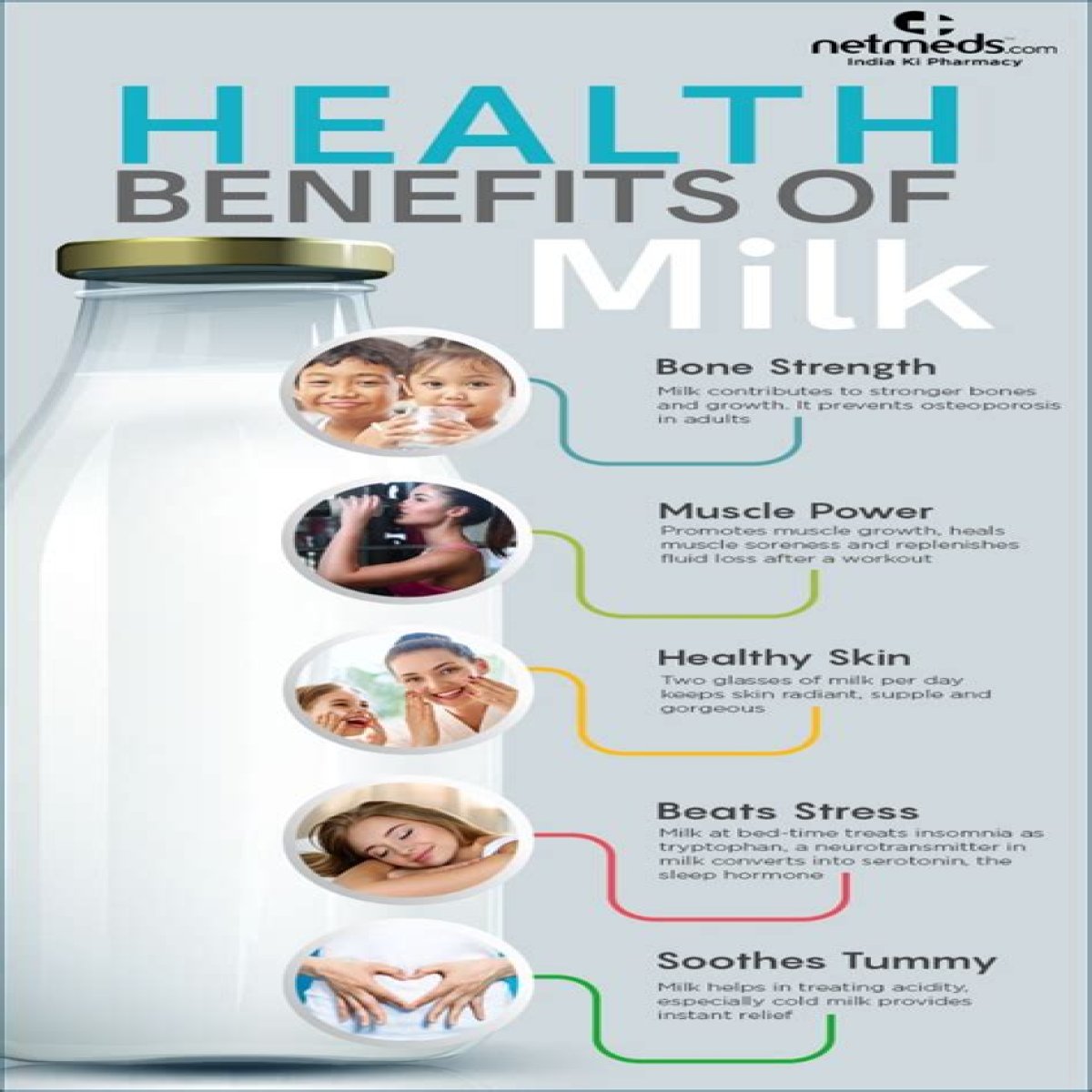Milk is often hailed as a superfood, packed with essential nutrients that are vital for human health. It is a staple in many diets around the world, providing a rich source of calcium, protein, and other important vitamins and minerals. From childhood to adulthood, milk plays a crucial role in our nutrition, but the types and benefits of milk can vary significantly. In this article, we will explore everything you need to know about milk, including its health benefits, different types, and nutritional value.
Understanding the value of milk is crucial, especially when considering dietary choices that impact our overall health and well-being. Whether you are a health-conscious individual, a parent looking to provide the best nutrition for your children, or simply someone curious about milk, this guide will equip you with the knowledge you need. We will delve into the various types of milk available, their unique benefits, and how they can fit into a balanced diet.
As we explore the world of milk, we will also touch on important considerations such as lactose intolerance, milk alternatives, and the role of milk in different cultures. This comprehensive guide aims to provide you with expert insights and useful information to help you make informed dietary choices. Let’s get started!
Table of Contents
Health Benefits of Milk
Milk is often referred to as nature’s complete food due to its wide array of nutrients. Here are some key health benefits of milk:
- Rich Source of Calcium: Milk is one of the best dietary sources of calcium, essential for the development and maintenance of strong bones and teeth.
- High-Quality Protein: Milk contains high-quality protein that is important for muscle growth and repair, making it ideal for athletes and active individuals.
- Vitamins and Minerals: In addition to calcium, milk is rich in vitamins D, B12, riboflavin, and potassium, all of which play vital roles in bodily functions.
- Supports Heart Health: Some studies suggest that the consumption of dairy products may be linked to a lower risk of heart disease.
- Hydration: Milk is an excellent source of hydration, especially after exercise.
Types of Milk
There are various types of milk available in the market, each with its unique characteristics:
1. Cow's Milk
The most common type of milk consumed worldwide, cow's milk is available in various fat percentages, including whole, 2%, and skim milk.
2. Goat's Milk
Goat's milk is known for its slightly tangy flavor and is often easier to digest than cow's milk for some individuals.
3. Plant-Based Milk
- Almond Milk: A popular dairy alternative, almond milk is low in calories and has a nutty flavor.
- Soy Milk: High in protein, soy milk is often fortified with vitamins and minerals.
- Coconut Milk: Known for its creamy texture, coconut milk is rich in medium-chain triglycerides (MCTs).
Nutritional Value of Milk
The nutritional composition of milk can vary slightly based on the type, but here is a general overview of the nutritional value per 1 cup (240 ml) of whole cow's milk:
| Nutrient | Amount |
|---|---|
| Calories | 150 |
| Protein | 8 grams |
| Fat | 8 grams |
| Carbohydrates | 12 grams |
| Calcium | 276 mg (28% DV) |
| Vitamin D | 2.5 mcg (13% DV) |
Milk and Lactose Intolerance
Lactose intolerance is a common condition where individuals have difficulty digesting lactose, the sugar found in milk. Symptoms may include bloating, diarrhea, and gas. Here are some key points to consider:
- Symptoms: Common symptoms include abdominal pain, bloating, and changes in bowel movements.
- Management: Individuals with lactose intolerance can often manage their symptoms by consuming lactose-free milk or dairy products.
Milk Alternatives
For those who are lactose intolerant or prefer not to consume animal products, there are many milk alternatives available:
- Oat Milk: Creamy and slightly sweet, oat milk is a great option for coffee and cereal.
- Rice Milk: Made from milled rice, this milk is hypoallergenic and low in protein.
- Hemp Milk: Rich in omega-3 fatty acids, hemp milk is a nutritious alternative.
Cultural Significance of Milk
Milk has been a part of human culture for thousands of years. It holds various significances in different cultures:
- Religious Practices: In many cultures, milk is used in religious ceremonies and rituals.
- Traditional Dishes: Milk is a key ingredient in many traditional dishes worldwide, from cheese to yogurt.
Research and Studies on Milk
Various studies have been conducted on the health benefits and potential drawbacks of milk consumption. Some key findings include:
- Research suggests that moderate milk consumption is associated with improved bone health.
- Some studies indicate that dairy intake may not significantly impact the risk of cardiovascular disease.
Conclusion
In conclusion, milk is a nutritious beverage that offers numerous health benefits. From providing essential nutrients to supporting overall health, it can be a valuable part of a balanced diet. However, it is essential to consider individual dietary needs and preferences, including lactose intolerance and the availability of milk alternatives. We encourage you to explore the different types of milk and find what works best for you.
Feel free to leave a comment below or share this article with others who may find it helpful!
Thank you for reading! We hope you found this guide informative and insightful. Be sure to check back for more articles on health and nutrition.
Amber Ajami: A Rising Star In The Entertainment IndustryIs Cleo Rose Elliott Married? A Deep Dive Into Her Personal LifeAustin Ward Sherman: A Comprehensive Biography And Analysis
